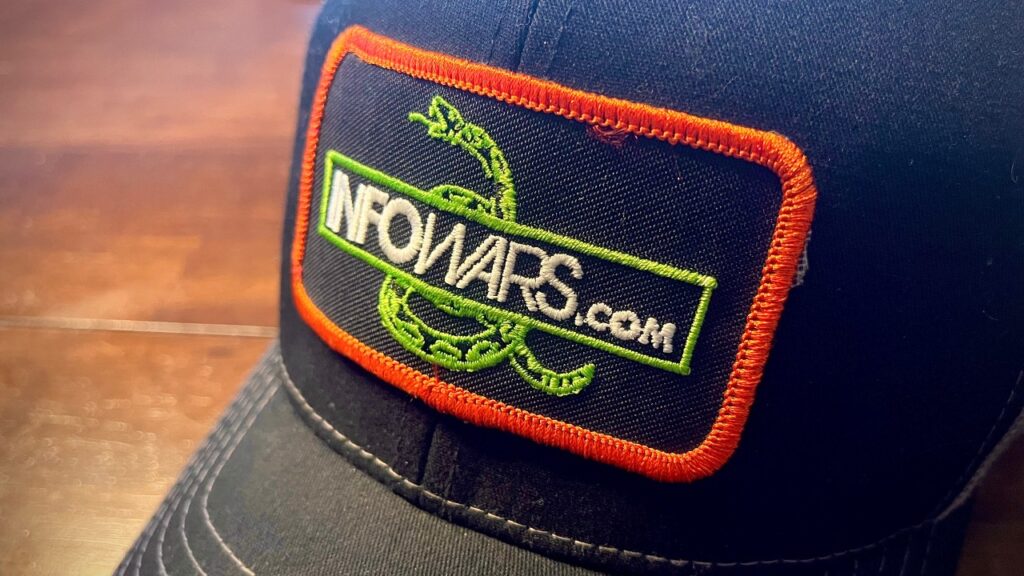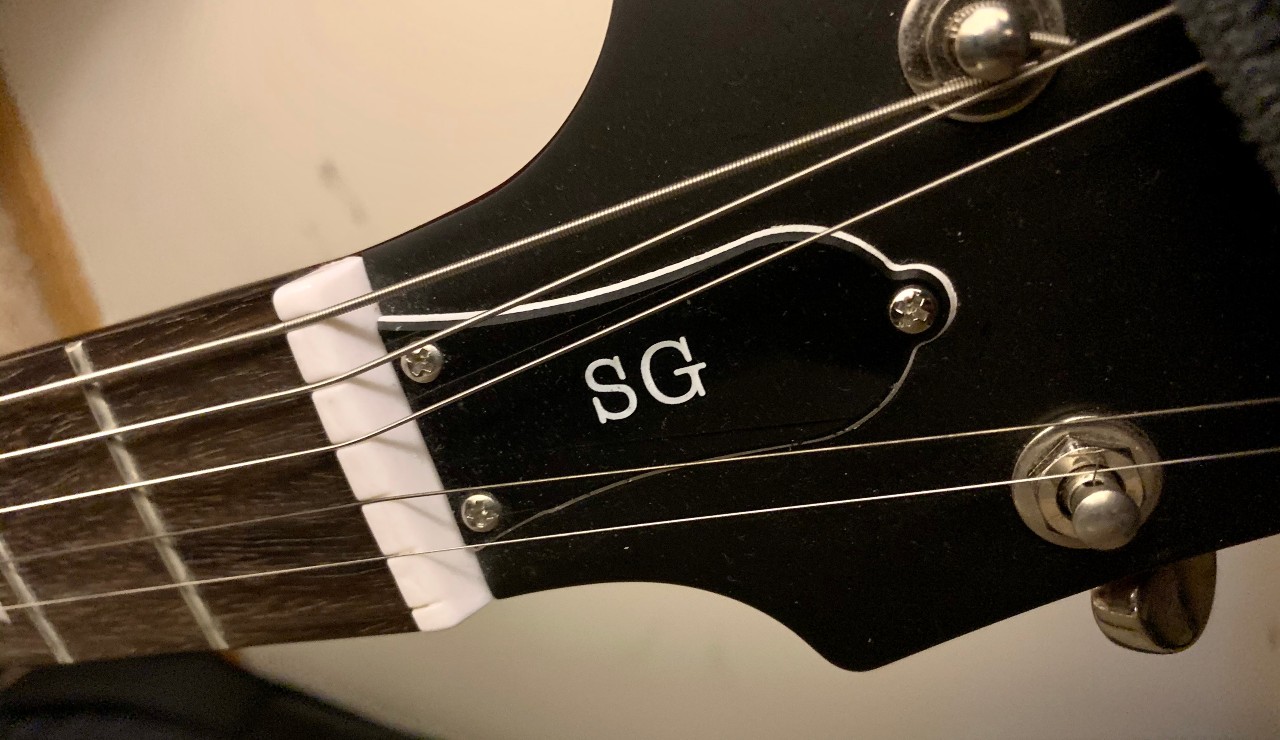
Stephanie Reveron sued multiple companies, including Zumiez, New Balance, Amazon, Etsy, Zazzle, and Redbubble, for trademark infringement. Plaintiff claimed that her trademarks, such as LES NYC and LOWER EAST SIDE were being improperly used on clothing and other products. She argued that defendants’ use of these marks created consumer confusion and amounted to unfair competition.
Defendants moved to dismiss the claims. They argued that their use of the words “Lower East Side,” “LES,” and similar phrases was protected under the “fair use” doctrine of trademark law. Specifically, defendants claimed they were using these terms descriptively to refer to the well-known geographic location in New York City, not as trademarks to identify the source of the goods.
The court dismissed certain claims but let others proceed. For certain defendants, such as New Balance, Etsy (partially), and Zazzle, the court found that the use of “Lower East Side” and similar terms clearly referred to the neighborhood, not to plaintiff’s brand. This use was descriptive, in line with the fair use defense, and did not infringe plaintiff’s rights. For others, such as Amazon and Redbubble, the court found that the use of the phrases—especially when stylized or prominently displayed—could plausibly be interpreted as trademarks, making dismissal inappropriate at this stage.
Why did the court reach this decision?
The court considered the fair use defense, which allows the use of trademark-protected words in a descriptive sense if done in good faith. The court reasoned that the phrases “Lower East Side” and “LES” are commonly understood as referring to the geographic location—a neighborhood in New York City. For most defendants, this descriptive use was clear, especially when the words appeared alongside other terms or images referencing the neighborhood. The court also noted that fair use often turns on context: when words appear on a product without clear descriptive meaning, the line between fair use and trademark infringement becomes less certain.
For defendants such as Amazon and Redbubble, the court found that more analysis was needed. In some cases, the terms “LES” or “Lower East Side” were stylized or prominently displayed in a way that might suggest they were being used as a brand identifier rather than in a purely descriptive sense. As a result, the court allowed those claims to move forward.
In short:
The court dismissed claims against most defendants because their use of the words “Lower East Side” and “LES” was descriptive and protected under the fair use defense. However, for some defendants, such as Amazon and Redbubble, the court allowed the claims to proceed because the use of the phrases could plausibly be seen as a trademark rather than a description of a location.
Three reasons why this case matters:
- Clarifies Fair Use: The case highlights how courts apply the fair use defense when trademarks overlap with descriptive geographic terms.
- E-Commerce Accountability: It raises questions about the role of online platforms, such as Amazon and Etsy, when third-party sellers offer potentially infringing products.
- Balancing Trademark Rights: The case underscores the challenge of balancing trademark protections with the public’s right to use common words, such as neighborhood names, in a descriptive way
Reveron v. Zumiez, Inc. et al., 2024 WL 5131627 (S.D.N.Y. Dec. 17, 2024)





